The Restoration of the Priesthood
Reading assignment
Doctrine and Covenants 13; 20:38–67; 27:12–13; 84:6–30; 107:1–20; 110:11–16;
Joseph Smith—History 1:66–73;
Our Heritage, pages 11–14.
Links: Teacher’s manual | Student manual
It’s a busy year for Your Humble Godless Doctrine teacher. So I’m posting this lesson as kind of a rough outline, with the intention of filling in the details later. Think of this as the notes that a Gospel Doctrine teacher would walk into class with.
Overview
The Priesthood is the power of God, and so (not coincidentally) it’s exactly like God in two important respects.
One, it’s entirely fictional. And two, it’s immensely sexist.
Reading
Was the world created by the priesthood?
Mormons have the idea that Elohim used the priesthood to create the world and the universe.
• What is the priesthood? (The priesthood is the eternal power and authority of God. It is the power by which He created and governs the heavens and the earth.
This is a bit like using the Force to make a sandwich. You might as well say “A wizard did it.” There’s no difference between Elohim did it and A wizard did it. Both are equally absurd.
We know how something about the universe was formed. We can explain it without invoking a god, a wizard, or The Force. Natural processes are all we need; the priesthood is irrelevant.
A Mormon: “Yes, but a wizard did all of that.”
The restoration of the two priesthoods
So the story goes that Joseph and Oliver wanted to know about the authority to baptise. They prayed in the woods, and who should appear but John the Baptist, who gave them the Aaronic priesthood. Later (but Smith never wrote how much later), Peter, James, and John were supposed to have conferred the Melchizedek priesthood.
The Gospel Doctrine manual says that men are supposed to take this power very seriously.
Talmage:
“The effect of my ordination … entered into all the affairs of my boyish life. … When at play on the school grounds, and perhaps tempted to take unfair advantage in the game, when in the midst of a dispute with a playmate, I would remember, and the thought would be as effective as though spoken aloud—‘I am a deacon; and it is not right that a deacon should act in this way.’ On examination days, when it seemed easy for me to copy some other boy’s work … , I would say in my mind, ‘It would be more wicked for me to do that than it is for them, because I am a deacon’” (Incidents from the Lives of Our Church Leaders [deacons instruction manual, 1914], 135–36).
“Yay — I’m better. Oh, no! I’m not living up to my betterness!”
And this is how you give someone a superiority complex, while keeping their guilt complex alive.
There’s a big problem with the story of the restoration of the two priesthoods — they seem to have been entirely unreported at the time. Joseph Smith didn’t write down this story until five years later, so it must not have made much of an impression on him.
David Whitmer, one of the witnesses to the Book of Mormon, is reported to have said,
“I never heard that an Angel had ordained Joseph and Oliver to the Aaronic Priesthood until the year 1834[,] [183]5. or [183]6—in Ohio.… I do not believe that John the Baptist ever ordained Joseph and Oliver…” (Early Mormon Documents, 5:137).
Another early convert, William McLellin, stated, I joined the church in 1831. For years I never heard of John the Baptist ordaining Joseph and Oliver. I heard not of James, Peter, and John doing so.” Some time later he repeated that “I never heard of it in the church for years…” (An Insider’s View of Mormon Origins, pp.224-25).
So what happened? Joseph Smith wrote it in later. Here’s a screen shot from this page, which shows the differences between the 1833 Book of Commandments (the precursor to the D&C), and the current D&C. On the left, no mention of Peter, James, and John. On the right, a huge after-the-fact update.
But why would they have made up this story later? Well, it was later that their authority was being challenged, so they doubled down. Let’s check in with Grant Palmer, in his book “An Insider’s View of Mormon Origins“.
When Joseph and Oliver began mentioning their angelic ordinations in late 1834 and early 1835, they were facing a credibility crisis that threatened the church’s survival. In late 1833 a group in Kirtland, Ohio, denounced Joseph Smith for ministering “under pretense of Divine Authority.” They employed D. P. Hurlbut to investigate Joseph’s past, hoping to bring him down “from the high station which he pretends to occupy.” Hurlbut traveled to Palmyra, New York, and collected affidavits from residents about Joseph’s early treasure seeking and other aspects of his youth. Hurlbut began a lecture tour starting in January 1834 to “numerous congregations in Chagrin, Kirtland, Mentor, and Painesville; and … [he] fired the minds of the people with much indignation against Joseph and the Church.” Finding disillusionment spreading among the Saints, Joseph and Sidney Rigdon began preaching against Hurlbut. It was under these circumstances, exacerbated by problems associated with the failure of Zion’s Camp–the paramilitary trek to assist fellow Saints in Missouri–that Joseph mentioned for the first time in public that his priesthood had “been conferred upon me by the ministering of the Angel of God.”
Unofficial church historian Mithryn has written a terrific post about how Book of Commandments was retconned to make this restoration look legit.
The notable revelations on priesthood in the Doctrine and Covenants before referred to–Sections 2 and 13–are missing, and Chapter 28 gives no hint of the restoration which, if actual, had been known for four years. More than four hundred words were added to this revelation of September 1830 in Section 27 of the Doctrine and Covenants, the additions made to include the names of heavenly visitors and two separate ordinations. The Book of Commandments gives the duties of Elders, Priests, Teachers, and Deacons and refers to Joseph’s apostolic calling, but there is no mention of Melchizedek Priesthood, High Priesthood, High Priests, nor High Councilors. These words were later inserted into the revelation on church organization and government given in 1830, making it appear that they were known at that date, but they do not appear in the original, Chapter 24 of the 1833 Book of Commandments. Similar interpolations were made in the revelations now known as Sections 42 and 68.
From MormonThink:
As pro-LDS historian Richard Bushman admits in his landmark biography on Joseph Smith (Rough Stone Rolling, 75): “the late appearance of these accounts raises the possibility of later fabrication”—even though he doesn’t draw that conclusion himself. Many do raise that possibility, however. In a nutshell, they believe that there are good reasons to doubt that the restoration of the priesthood actually happened in the church, despite Joseph Smith’s later descriptions of the events in his 1838 History of the Church. The actuality of those angelic events and the exclusivity of power/authority which such events would denote, are highly questionable.
If this priesthood restoration really happened, we should expect it to have been discussed by members of the early church, and written down somewhere. But we don’t. That’s a sign of a fishy story.
Moses, Elias, and Elijah?
This part of the reading is unintentionally hilarious. Jesus talks about all the guests he’s going to invite to a massive piss-up. There’s going to be Jesus, and Moroni, and Elias, and John… and Elijah.
D&C 27:5 Behold, this is wisdom in me; wherefore, marvel not, for the hour cometh that I will drink of the fruit of the vine with you on the earth, and with Moroni, whom I have sent unto you to reveal the Book of Mormon, containing the fulness of my everlasting gospel, to whom I have committed the keys of the record of the stick of Ephraim;
6 And also with Elias, to whom I have committed the keys of bringing to pass the restoration of all things spoken by the mouth of all the holy prophets since the world began, concerning the last days;
7 And also John the son of Zacharias, which Zacharias he (Elias) visited and gave promise that he should have a son, and his name should be John, and he should be filled with the spirit of Elias;
8 Which John I have sent unto you, my servants, Joseph Smith, Jun., and Oliver Cowdery, to ordain you unto the first priesthood which you have received, that you might be called and ordained even as Aaron;
9 And also Elijah, unto whom I have committed the keys of the power of turning the hearts of the fathers to the children, and the hearts of the children to the fathers, that the whole earth may not be smitten with a curse;
This is funny because — as Richard Packham has pointed out — Elias is simply the Greek version of the name Elijah. It’s like saying, “I was listening to the Requiem by Giuseppe Verdi… and then the one by Joe Green.”
Joseph Smith does it again in Section 110.
D&C 110:11 After this vision closed, the heavens were again opened unto us; and Moses appeared before us, and committed unto us the keys of the gathering of Israel from the four parts of the earth, and the leading of the ten tribes from the land of the north.
12 After this, Elias appeared, and committed the dispensation of the gospel of Abraham, saying that in us and our seed all generations after us should be blessed.
13 After this vision had closed, another great and glorious vision burst upon us; for Elijah the prophet, who was taken to heaven without tasting death, stood before us, and said:
14 Behold, the time has fully come, which was spoken of by the mouth of Malachi—testifying that he [Elijah] should be sent, before the great and dreadful day of the Lord come—
LOLs.
So how do Mormon apologists explain this? Simple — just start redefining words! Elias isn’t the name of a person, it’s more like a title. An Elias is a forerunner, like John the Baptist. JtB was an Elias. Noah was an Elias. Elijah was an Elias. Even Jesus could have been an Elias. Or Elias could be Elias. There; doesn’t that make everything clearer? Now you have no idea who the scriptures are talking about in any given verse.
Richard Packham wryly observes:
Moral: all it takes is one stupid mistake to form the basis for an entire complicated theology.
Women and the Priesthood
This is a part of the manual that is “by request only.” Says the manual:
The following material is provided to help you address questions class members may have about women and the priesthood. This topic should not be the focus of this lesson. (emphasis mine)
Translation: Oh, God — please don’t bring this stuff up unless you gotta.
The LDS Church displays its sexism in the way it bans women from having the priesthood, and in the way that it disciplines women who question this ban.
It’s not that I care if women aren’t given a fictional power — the problem is that every 12-year-old male is given more authority in the church than any adult woman. Not incidentally, male leaders get paid (rather a bit, according to leaked pay stubs), and it seems female leaders don’t.
Ask: If you were a young woman growing up in the church, how did the priesthood ban for women affect you? Did it contribute to any sexism that you experienced?
The manual says, not entirely convincingly:
• How are women blessed by the priesthood? How are children blessed by the priesthood? (Review some of the blessings of the priesthood that women and children may receive during their lives. Emphasize that although women and children do not hold the priesthood, they are continually blessed by it. For help in answering these questions, you may want to refer to The Latter-day Saint Woman, Part A, chapters 12 and 13 [31113].)
In a sense, it’s appropriate that the manual lumps women and children into the same category.
Let’s finish with a gross joke that was common around Utah Valley when I was going to church there:
How can women hold the Priesthood?
All night long.
Am I right, ladies?
I need to have a shower now. Let’s close.
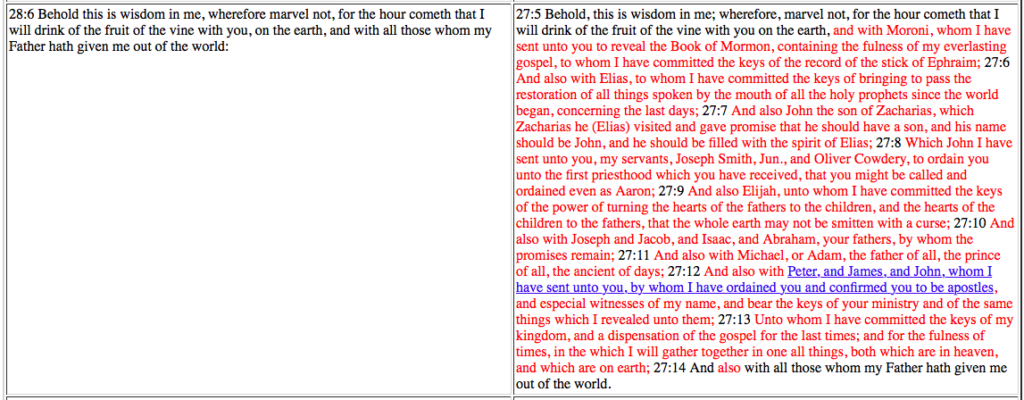



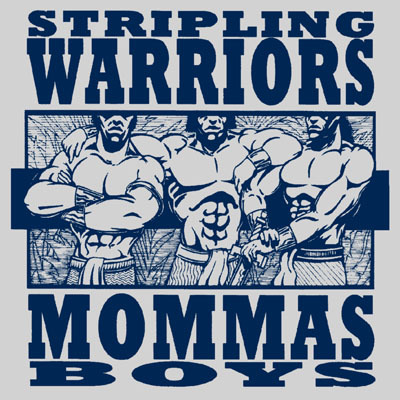

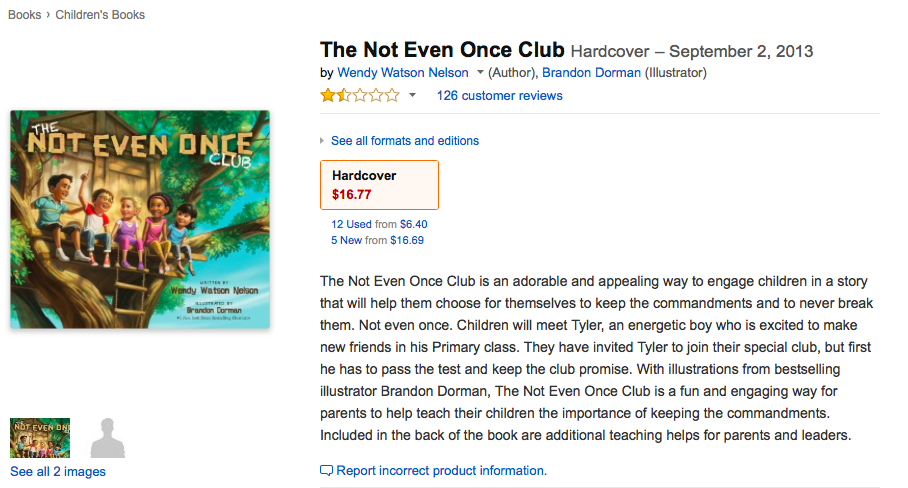



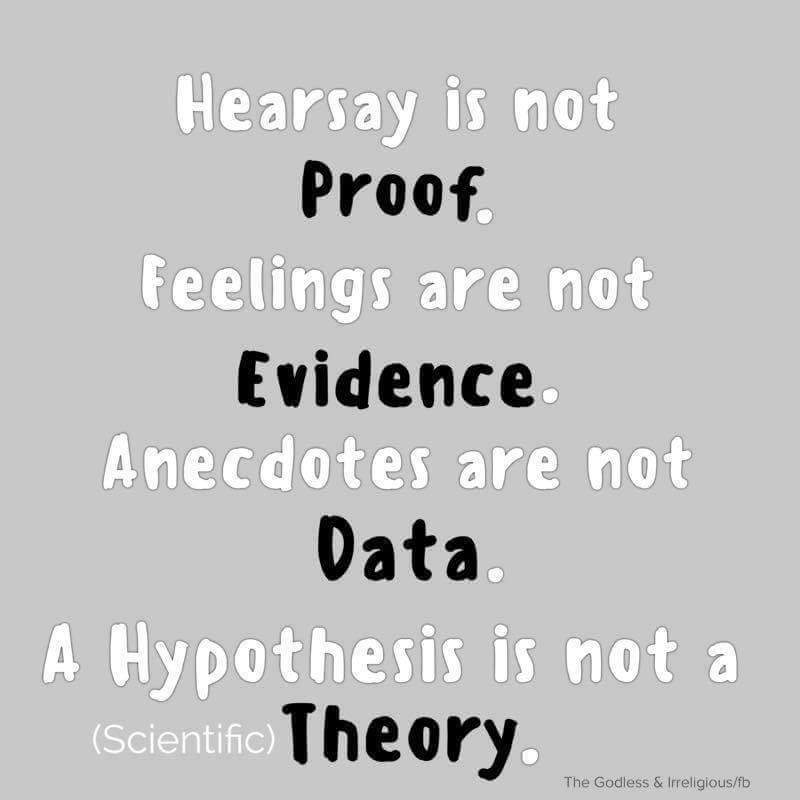
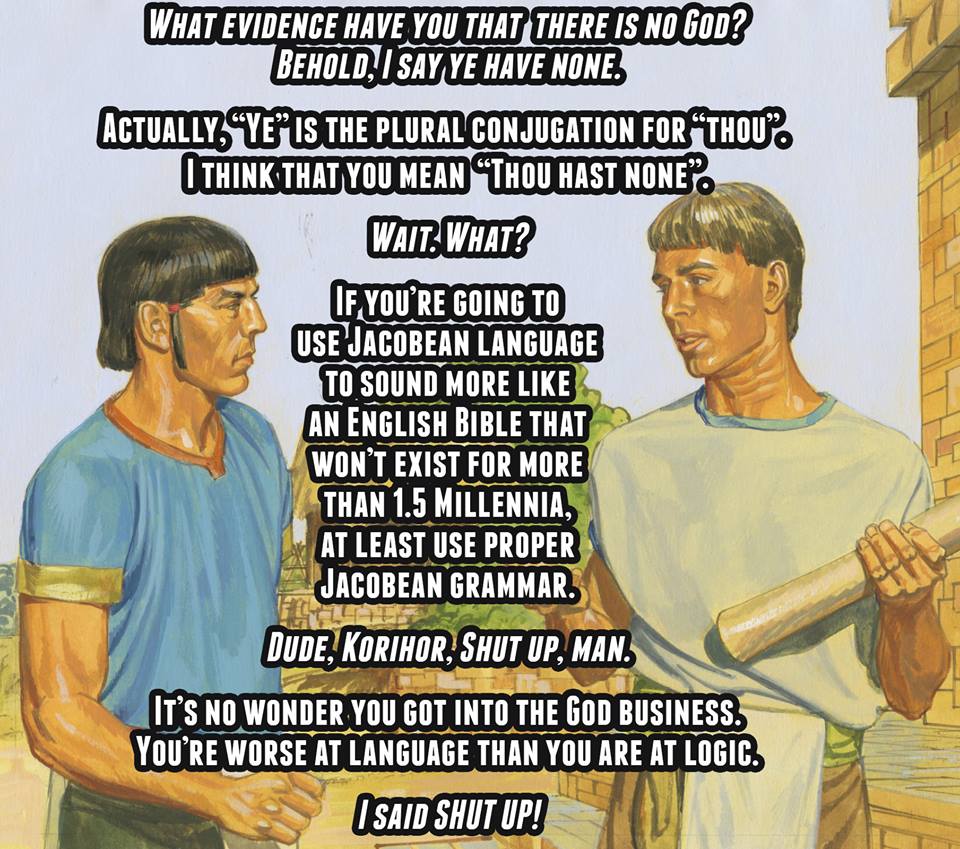



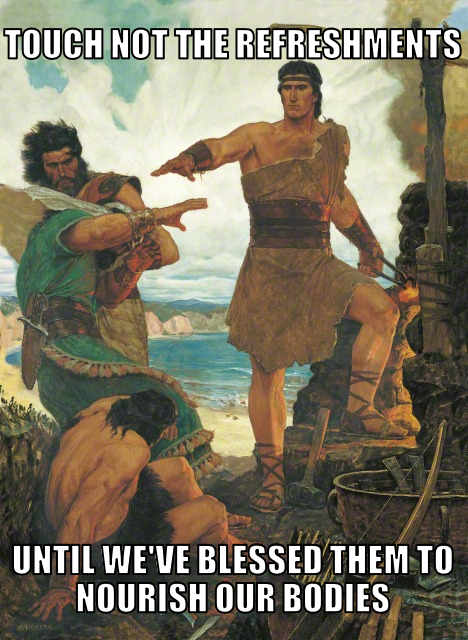
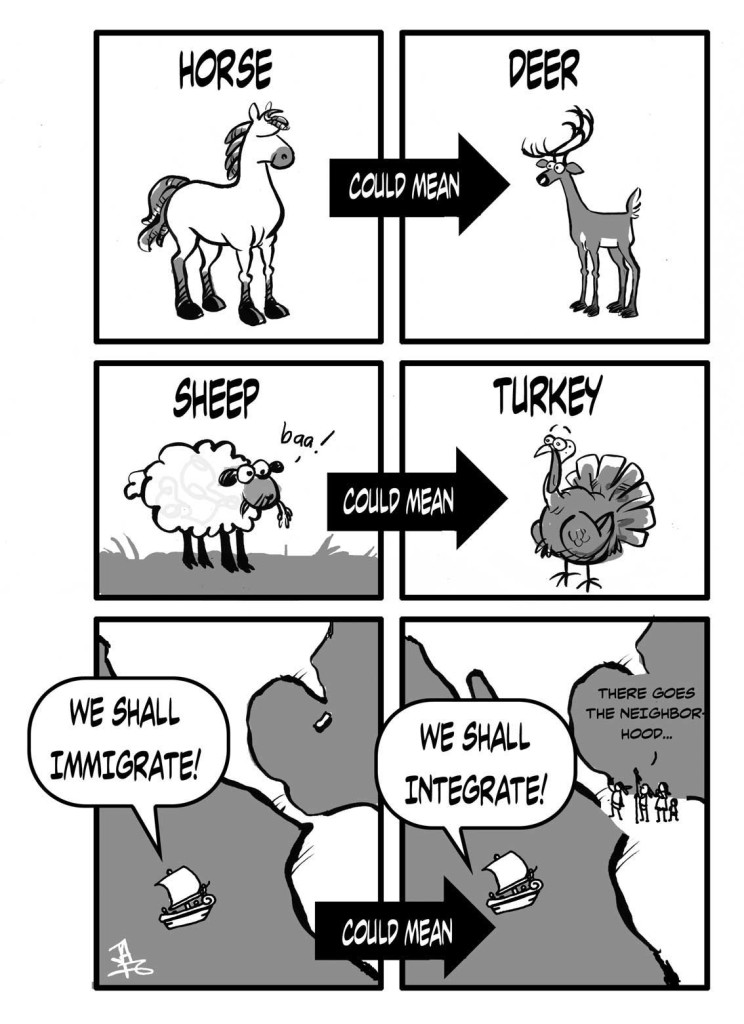



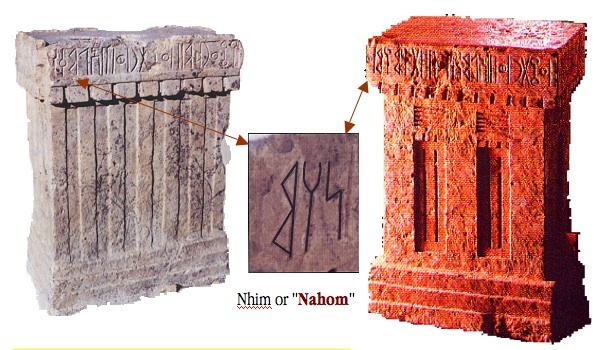


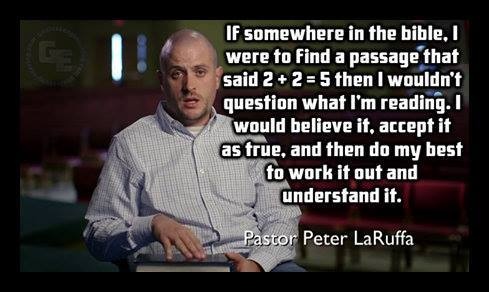


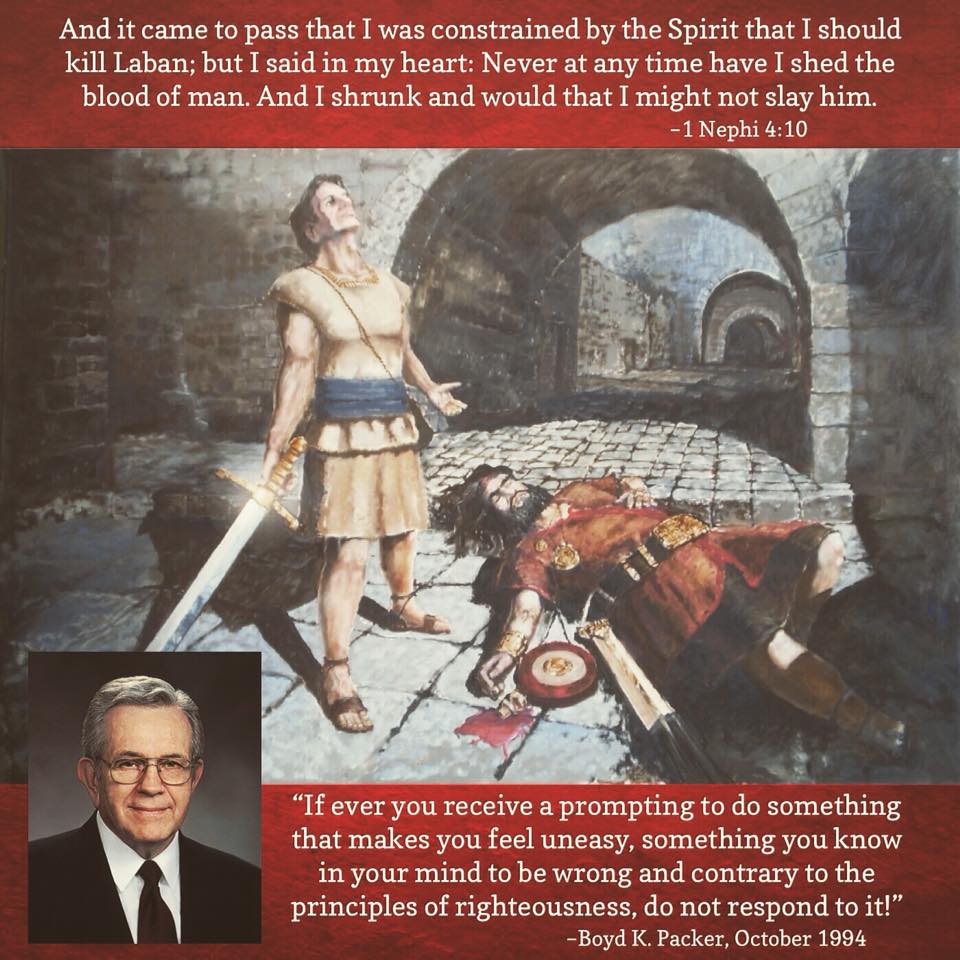

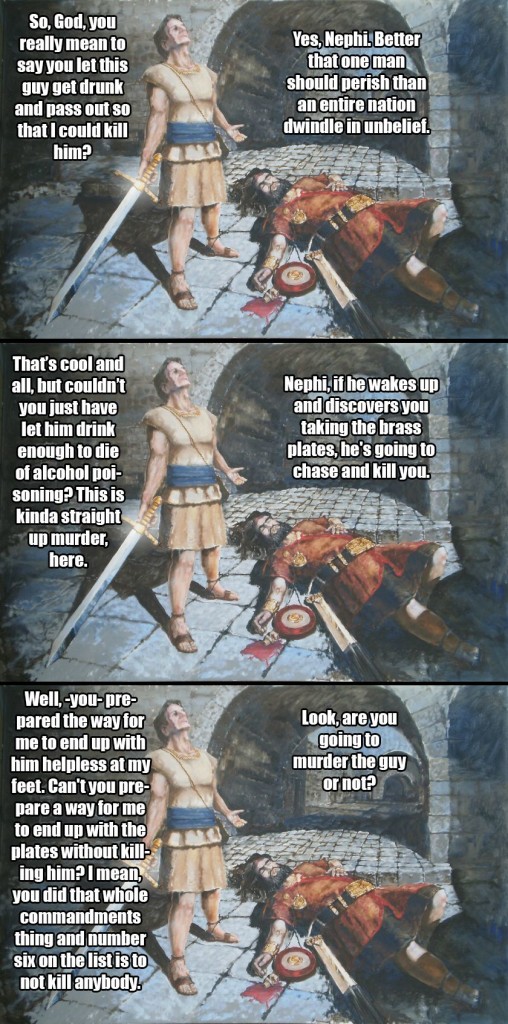

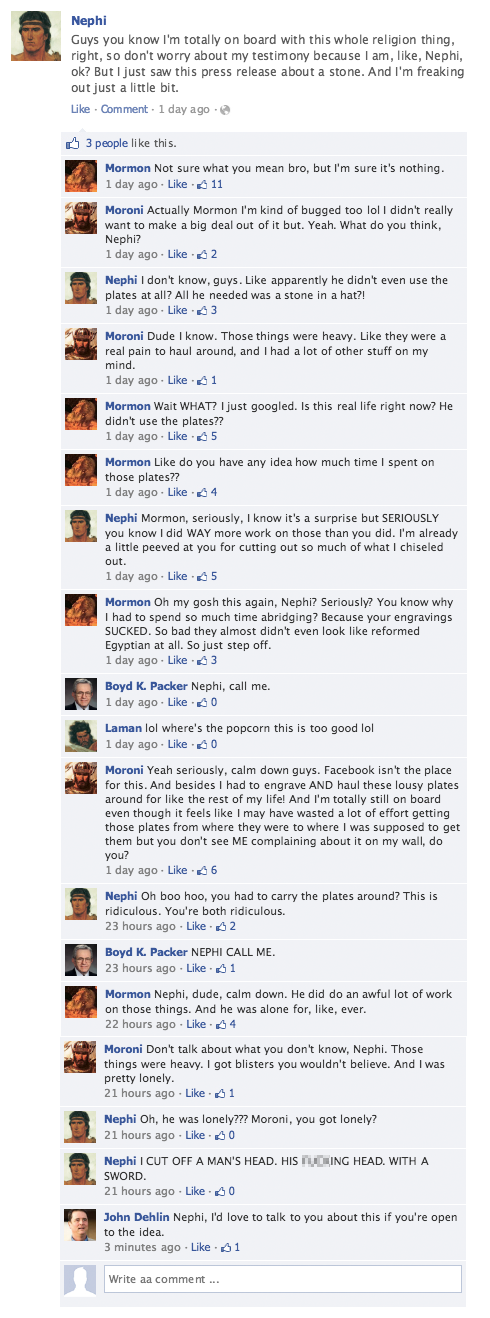


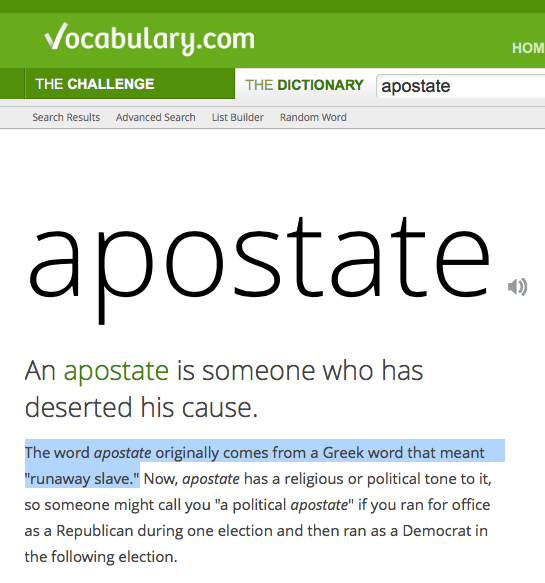

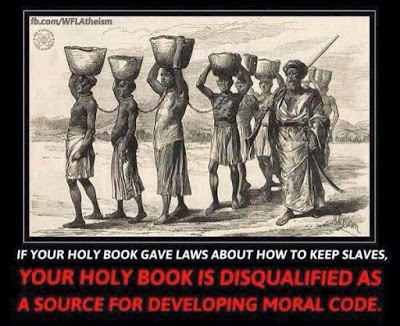



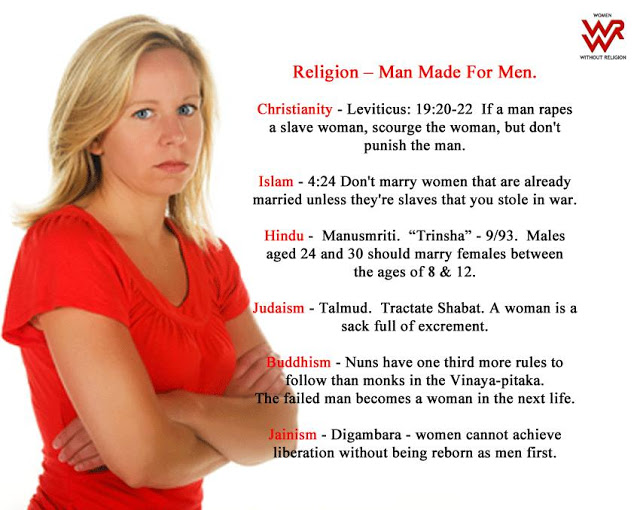
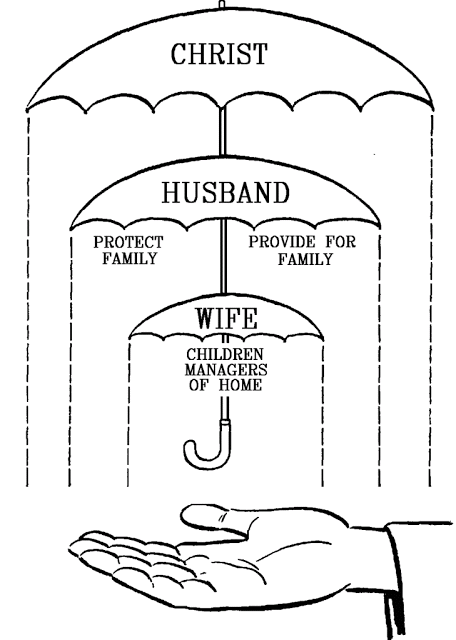



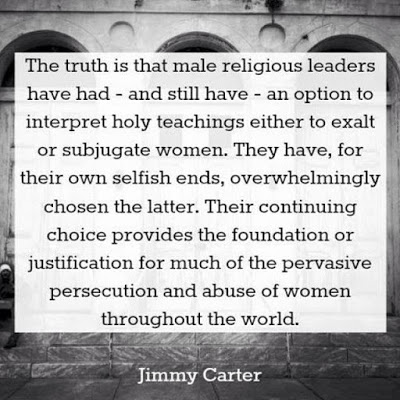
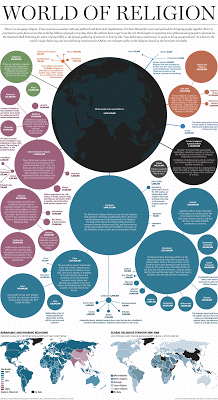



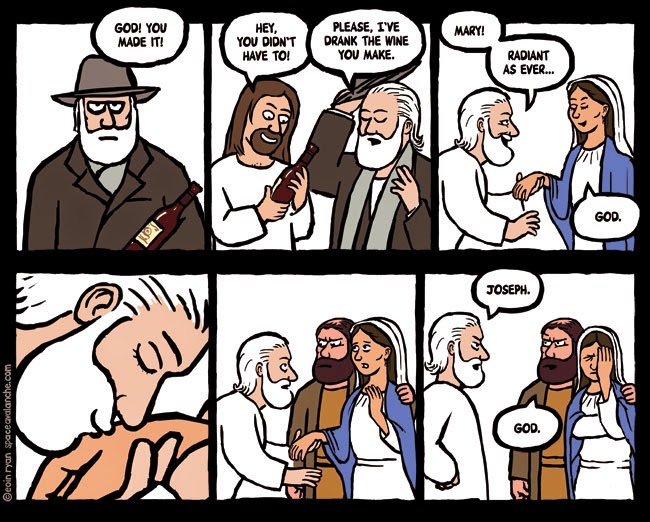

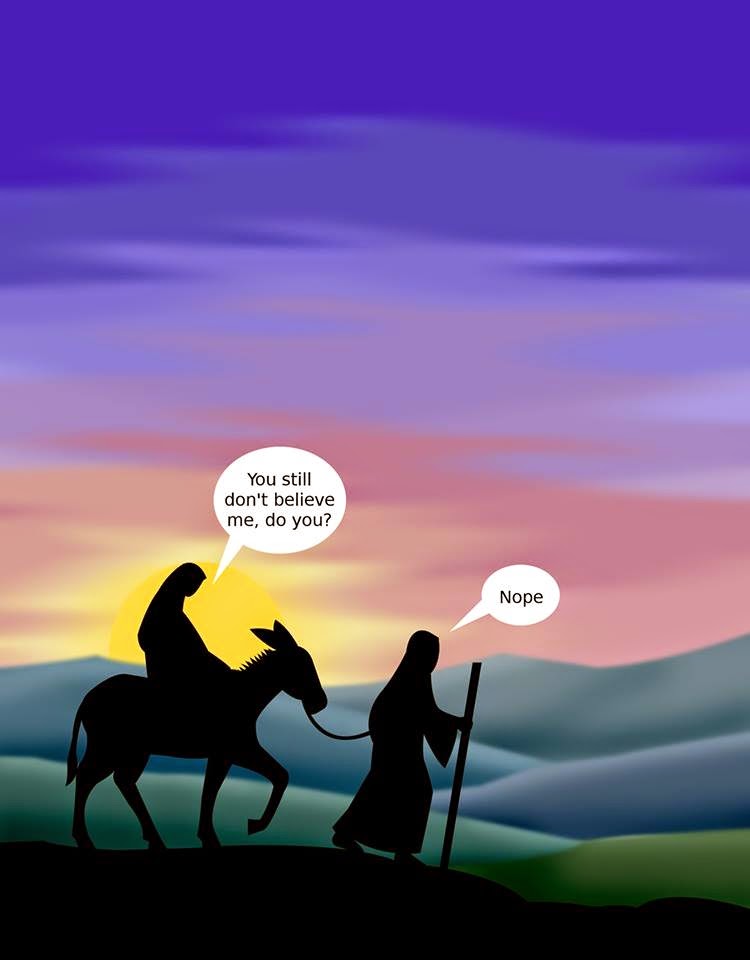





Recent Comments